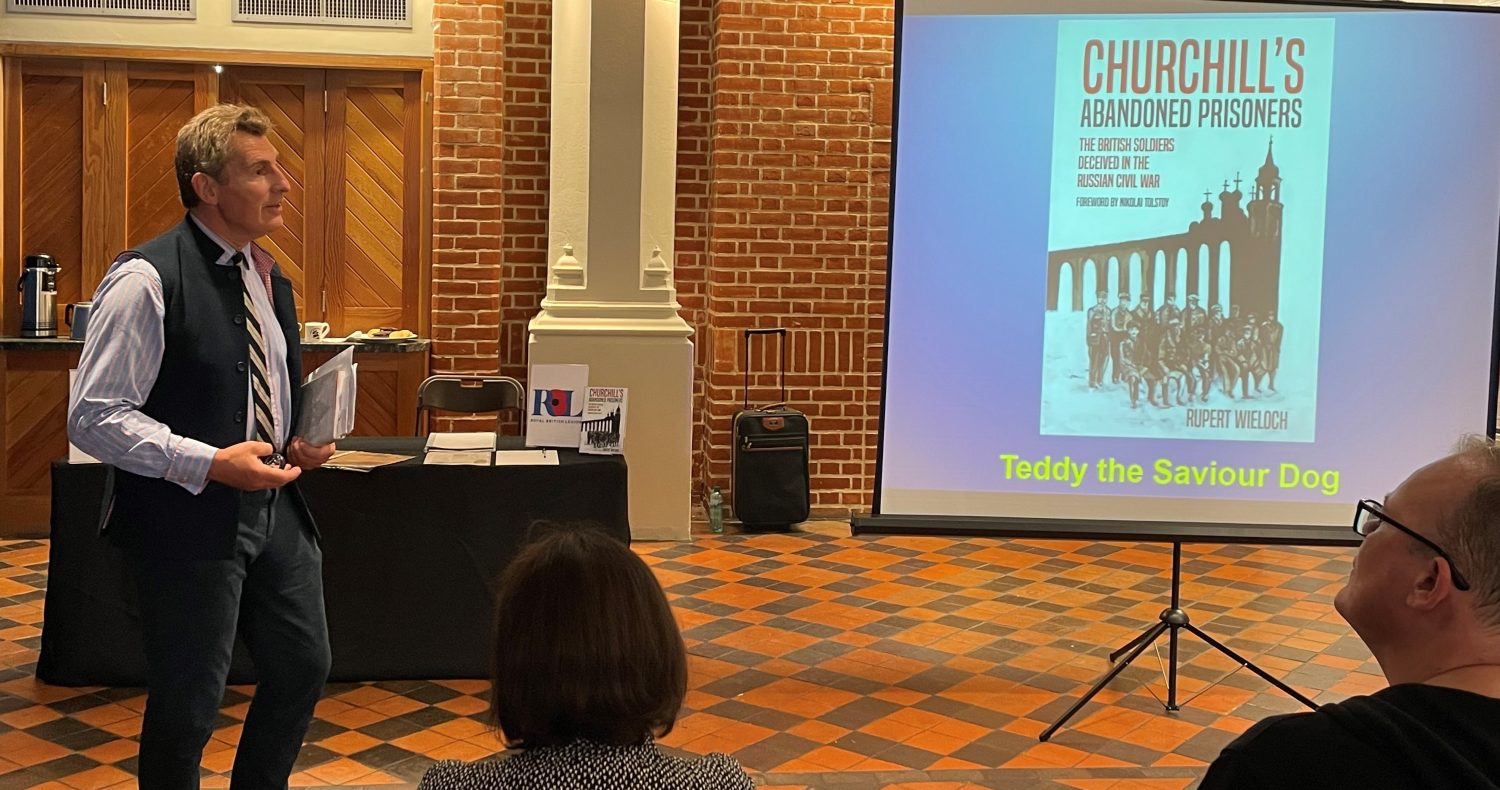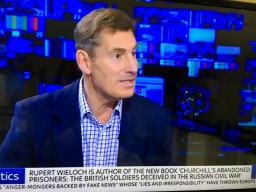On Armed Forces Day, the political spotlight fell on what the Party Leaders said about veterans in the run up to the election. As ever, the media focused on money and social issues: homelessness; mental health; and housing for soldiers’ families. However, these concerns miss the most important point of all: how will a future government use the Armed Forces?
Most veterans are very stoic about their lives and accept the situation they find themselves in with grace and dignity. They certainly do not relish being used as political pawns and nor do they enjoy seeing the British Armed forces being diminished and becoming insignificant in world affairs.
If there is one thing that I would like to see the Government change, it is the attitude of school teachers, who are ignorant about what the Services offer and put off potential recruits with their negative mantra about life (and duty) as a soldier, sailor or pilot. My second request would be to stop thinking only about Ceremonial Duties in London and Special Forces operations and rebuild the armed forces to the capability level they were at before 9/11, when we had a fortnight-long Royal Tournament, rather than a single armed forces day. Only then will our adversaries (and Allies) take us seriously again.






